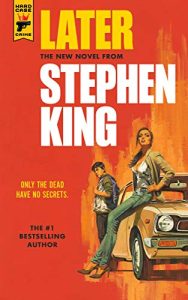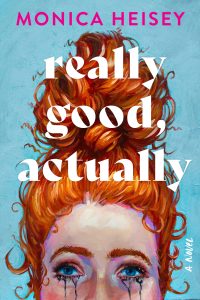
Some books are more than memoirs; they are historical testaments. Patriot: A Memoir by Alexei Navalny, completed before his death in a Siberian prison, stands as both a final letter to the world and an intimate self-portrait of a man who refused to be silenced. Written with clarity, humor, and defiance, it documents his life from a modest Soviet childhood to his rise as the most formidable political challenger to Vladimir Putin’s regime.
Navalny began writing this book after surviving his near-fatal poisoning in 2020. What began as a recovery project became a moral and political testament. In these pages, he recounts the many attempts on his life, the machinery of corruption he exposed, and the relentless campaign he waged to awaken a nation from fear. But Patriot is also a deeply personal story of his wife Yulia, his children, and the quiet strength of love that sustained him through isolation, prison, and persecution.
In a world saturated with political memoirs, Navalny’s voice cuts through with rare authenticity. Kenny, a reader who admired the book’s spirit, called it “a powerful reminder of the significance of individual freedom and a call to continue the work for which Navalny sacrificed his life.” Through prison letters and reflective essays, we meet not just a dissident but a man who believed fiercely in Russia’s potential for goodness. He wrote not to glorify his suffering, but to remind his readers that courage is not the absence of fear it is persistence in spite of it.
Yet Patriot is not a simple tale of heroism. It is a complex narrative filled with contradictions and hard questions, especially for readers from Ukraine and other nations affected by Russia’s imperial legacy. Dana, a Ukrainian reviewer, articulates this tension beautifully. She admits to having once hoped Navalny could be “the force of change in Russia,” but also points out his silence and ambivalence regarding Crimea and other occupied territories. “If given the opportunity to pick between Russia’s survival and Ukraine’s independence,” she writes, “Navalny would, too, pick what is dear to him.” Her observation reveals the limits of Navalny’s moral vision his patriotism, while genuine, was still tethered to an idea of Russian greatness.
Another reviewer, wow_42, goes further, calling Navalny “a classic imperialist in different clothes.” To them, his memoir proves that Russian liberalism often stops at the empire’s borders, unwilling to confront the full weight of its historical crimes. Whether or not one agrees, this perspective underscores why Patriot cannot be read in isolation. It is one voice courageous, yes, but still part of a larger, troubled national narrative that must be examined with nuance.
This tension between admiration and critique is what makes Patriot: A Memoir so compelling. It is both an inspiration and a provocation. Navalny’s integrity, his insistence on truth, and his willingness to return to Russia knowing the likely consequences, stand as acts of immense bravery. Yet the book also exposes how even those who fight tyranny can remain entangled in the ideologies of the system they oppose.
Yulia Navalnaya’s words in the preface offer a poignant lens through which to view the book: “This is a testament not only to Alexei’s life but to his unwavering commitment to the fight against dictatorship.” Indeed, Patriot reads like a dialogue between a man and his country between love and disappointment, hope and resignation.
For Western readers, it is both enlightening and unsettling. Navalny’s charm and wit often disarm, but beneath his optimism lies the sobering reality of a Russia that still crushes dissent, invades neighbors, and resists change. Reading this memoir is to confront that duality head-on: to admire the man without ignoring the system that shaped him.
Ultimately, Patriot: A Memoir is an essential document of our time a story of defiance written from the shadow of death. It invites admiration, debate, and, above all, reflection. Navalny believed that freedom was worth dying for. Whether or not one agrees with all his views, his courage in the face of tyranny demands respect.
This is a book that does not end with closure. It ends with a challenge: to continue questioning, to continue fighting, to never look away.
👉 Get your copy here: Buy on Amazon


